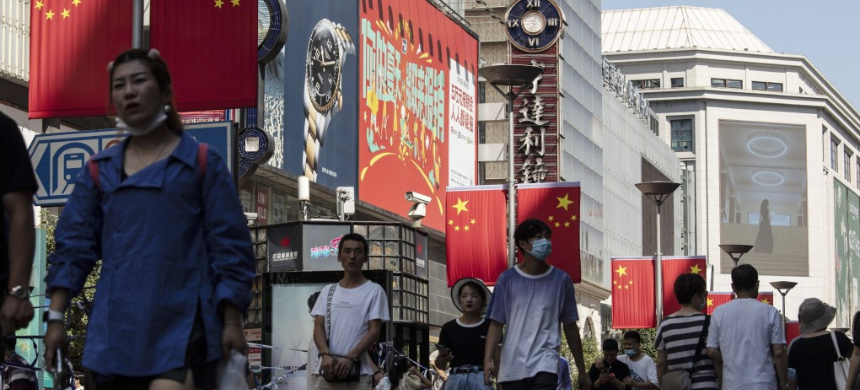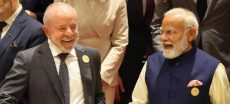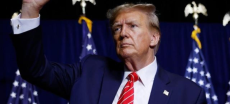China’s consumer price growth slowed in October to the lowest pace in four months, with producer price deflation worsening, according to data released on Saturday. This comes as Beijing introduces new measures to stimulate its economy. On Friday, China’s top legislative body approved a significant 10 trillion yuan ($1.4 trillion) package aimed at reducing local government “hidden debt” rather than injecting funds directly into the economy, a move that analysts believe may have limited immediate impact on economic activity, demand, and prices.
The consumer price index (CPI) rose 0.3% year-on-year in October, down from a 0.4% increase in September and marking the lowest growth since June, falling short of a 0.4% increase forecast by economists in a Reuters poll. However, core inflation, which excludes volatile food and fuel prices, increased by 0.2%, slightly up from September’s 0.1%.
Chief economist Bruce Pang of JLL noted that the Golden Week holiday in October may have dampened the visible impact of recent stimulus measures, though he expects CPI to trend upward while core inflation remains moderate, allowing room for potential interest rate cuts early next year. In late September, China’s central bank announced the most significant monetary support since the COVID-19 pandemic to help boost growth.
Read More: Beyoncé makes history with the most Grammy nominations ever, leading the 2025 Grammy Awards
On a month-to-month basis, the CPI dropped by 0.3%, following a stagnant September and falling short of the forecasted 0.1% decrease. Food price declines contributed to this monthly CPI drop, according to the statistics bureau’s Dong Lijuan.
Producer prices saw a 2.9% year-on-year decline in October, a deeper drop than both September’s 2.8% fall and the anticipated 2.5% decrease, marking the most substantial decline in 11 months. This factory-gate deflation worsened across sectors such as petroleum, coal processing, chemicals, and auto manufacturing.
The recently passed stimulus package, which disappointed some investors anticipating stronger moves to stimulate demand, may still have room for expansion. Finance Minister Lan Foan suggested further measures are on the way, including tax policies to support the housing market and efforts to recapitalize banks. Some analysts believe Beijing may hold off on aggressive economic measures until the anticipated return of Donald Trump to the U.S. presidency in January.
With much of Chinese household wealth tied up in the struggling real estate sector, deflationary pressures are growing as consumers cut back on spending. Goldman Sachs projects that China’s consumer inflation will likely stay low, around 0.8% next year, with producer prices only turning positive by the third quarter of 2025.
Zhou Maohua, a macroeconomic researcher at China Everbright Bank, noted that while some policies could boost consumption and investment, a full recovery in housing, household spending, and supply-demand balance will likely take time.











